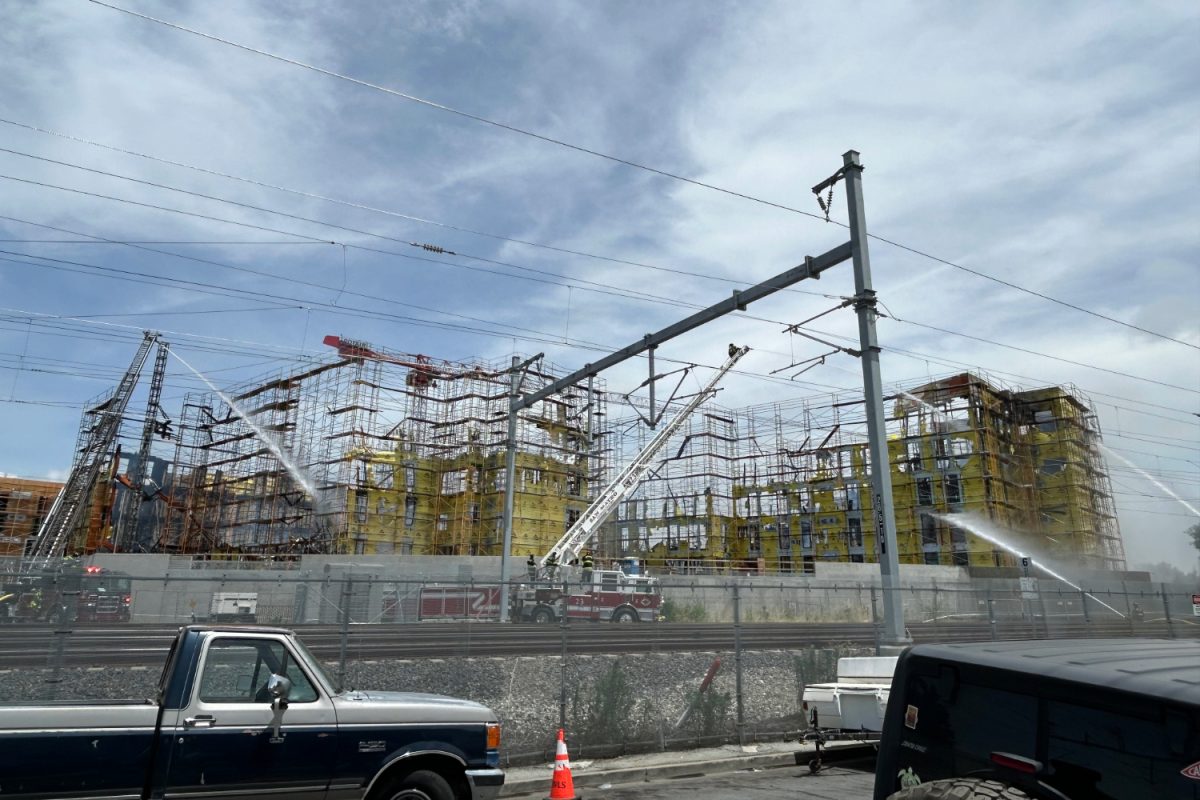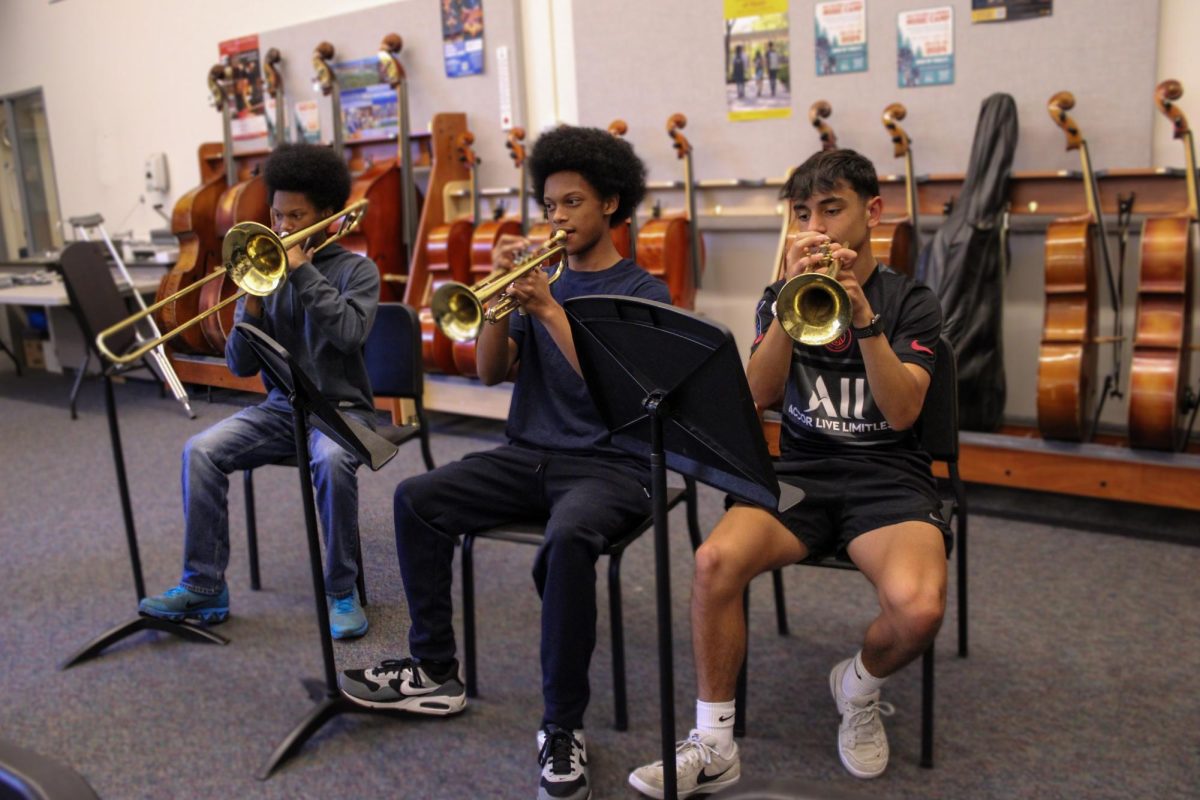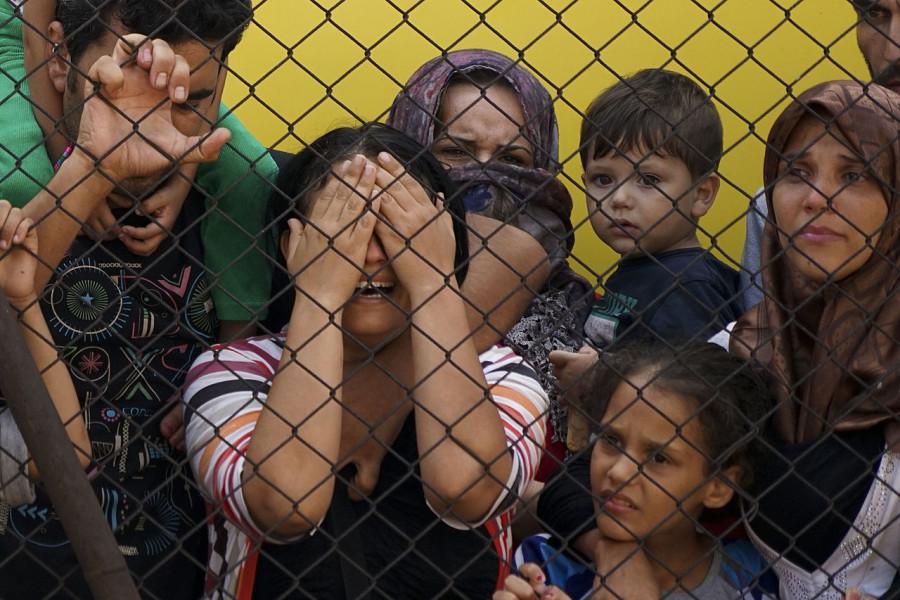In the aftermath of terrorist attacks on Paris, France and Beirut, Lebanon in mid-November, the debate surrounding Syrian refugees has been loaded with demands for the United States to close U.S. borders to Syrian refugees.
Donald Trump, a high-profile presidential candidate, has been vocal in connecting Syrians to the Islamic State of Iraq and the Levant (ISIL). Nearly a week after the terrorist attacks, he called for the construction of a wall around U.S. borders.
Junior Ashley Wen said, “In my opinion, Trump’s comments about immigrants and refugees are seriously inhumane. America is a country of immigrants, so I find those views hypocritical and racist. I can’t accept or support views like that.”
However, many governors have stated that “security comes first” and that they refuse to accept Syrian refugees.
According to Vox, more than half of the nation’s governors said they oppose letting Syrian refugees into their states. The final say on this immigration issue falls to the federal government, but state opposition can make the process more arduous.
Although opposition to Syrian refugees has become larger in the wake of the terrorist attacks, there are still those who support the acceptance of refugees.
A student who wished to remain anonymous said, “In this situation, I’d like to quote the Quran. ‘If any one killed a person, it would be as if he killed the whole of mankind.’ I want people to know that these terrorists do not represent Islam, and I believe that Syrian refugees should not be turned away and punished because of these attacks.”
President Obama also welcomes Syrian refugees, and he has stated that he wants the U.S. to accept 10,000 refugees over the next year.
The debate surrounding Syrian refugees, Islam, and ISIL remains polar, but Americans will have to wait until the federal government makes a final decision on this contentious immigration issue.









